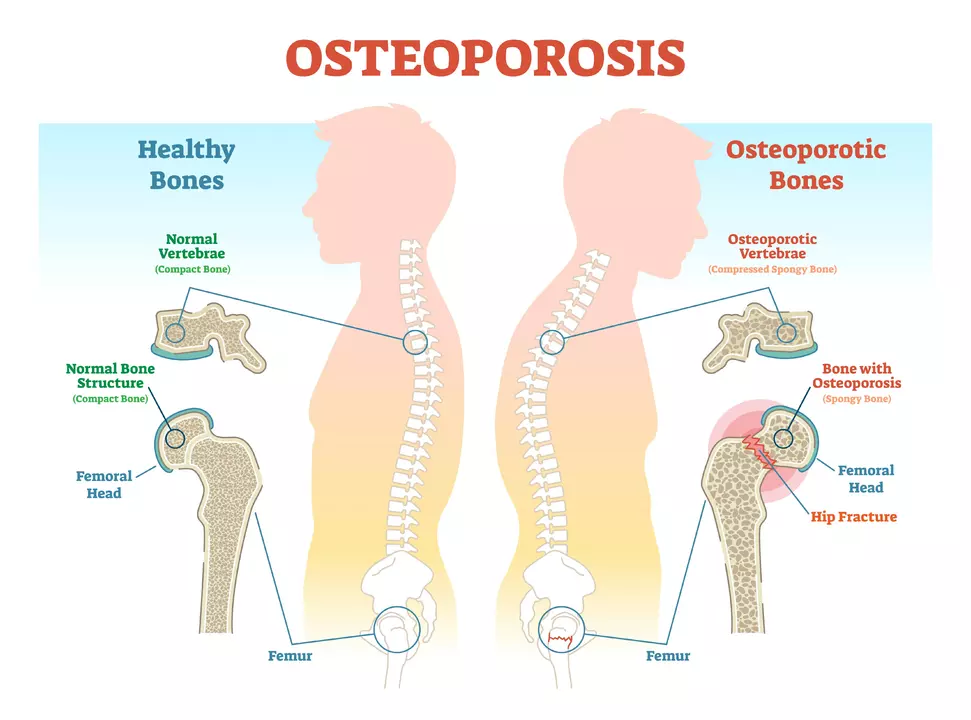Relationship Health Tips & Medication Insights
When you think about a good relationship, the first things that come to mind are trust, communication, and support. But have you ever considered how your medication choices can impact those basics? From mood swings caused by certain pills to hidden side effects that affect intimacy, understanding the link between drugs and relationships can make both your love life and health stronger.
How Medications Influence Mood and Connection
Many prescription meds touch the brain’s chemistry. Antidepressants, blood pressure pills, even some allergy tablets can change how you feel day to day. A sudden dip in energy or a burst of anxiety might not be “just stress” – it could be your medicine acting up. Knowing which drug does what helps you talk openly with your partner about why you’re feeling off and avoid unnecessary arguments.
If you notice irritability after starting a new prescription, the first step is to check the side‑effect list. A quick call to your pharmacist can confirm whether it’s normal or if a dosage tweak is needed. Sharing that info with your partner shows respect for their feelings and keeps misunderstandings at bay.
Talking Pharmacy About Your Relationship Needs
Pharmacists aren’t just there to hand you pills; they’re also a great resource for personal health questions. Ask them how a drug might affect sexual performance, sleep patterns, or energy levels – topics that matter in any partnership. Most pharmacists will suggest timing adjustments (like taking a stimulant earlier in the day) or alternative brands with fewer side effects.
When you’re on multiple prescriptions, ask about interactions that could amplify mood changes. Some combos can make you feel more sleepy or jittery than you expect. Knowing these details lets you plan date nights when you’ll both be at your best, rather than battling unexpected fatigue.
Another practical tip: keep a simple medication diary. Jot down the name of each drug, dose, and any changes in how you feel. Over a few weeks you’ll spot patterns that are easy to discuss with both your doctor and your partner. It turns vague complaints into concrete data you can act on.
Don’t forget over‑the‑counter supplements either. Herbs like St. John’s wort interact with many prescriptions, sometimes causing mood swings or reduced effectiveness of birth control pills. A quick check with a pharmacist before adding any supplement protects both your health and the trust you build with your partner.
When it comes to intimacy, certain meds can lower libido or cause dry mouth, which can be awkward to bring up. Approach the conversation like any other health topic – calmly, fact‑based, and with a focus on solutions. Your pharmacist might recommend a different formulation that’s less likely to interfere with desire.
Lastly, remember that emotional support is a two‑way street. If your partner is dealing with medication side effects, listen without judgment and help them seek professional advice. Small gestures – like preparing a low‑sugar snack if they’re on steroids – show you care about the whole person, not just the relationship label.
In short, good relationships thrive on open communication, and that includes talking about meds. Use your pharmacist as an ally, track how drugs affect you, and keep the conversation honest with your loved one. By doing so, you protect both your health and the bond you’ve worked hard to build.
- Archer Pennington
- 13
The Relationship Between Osteoporosis and Kidney Disease
As a blogger, I've recently come across an interesting connection between osteoporosis and kidney disease. Osteoporosis is a condition where our bones become weak and brittle, while kidney disease affects our kidneys' ability to filter waste from our blood. It turns out that these two conditions are closely linked, as kidney disease can lead to an imbalance in the minerals needed for bone health. This can result in a higher risk of developing osteoporosis for those suffering from kidney disease. It's essential for people with kidney issues to monitor their bone health and take necessary precautions to prevent or manage osteoporosis.
Read more
